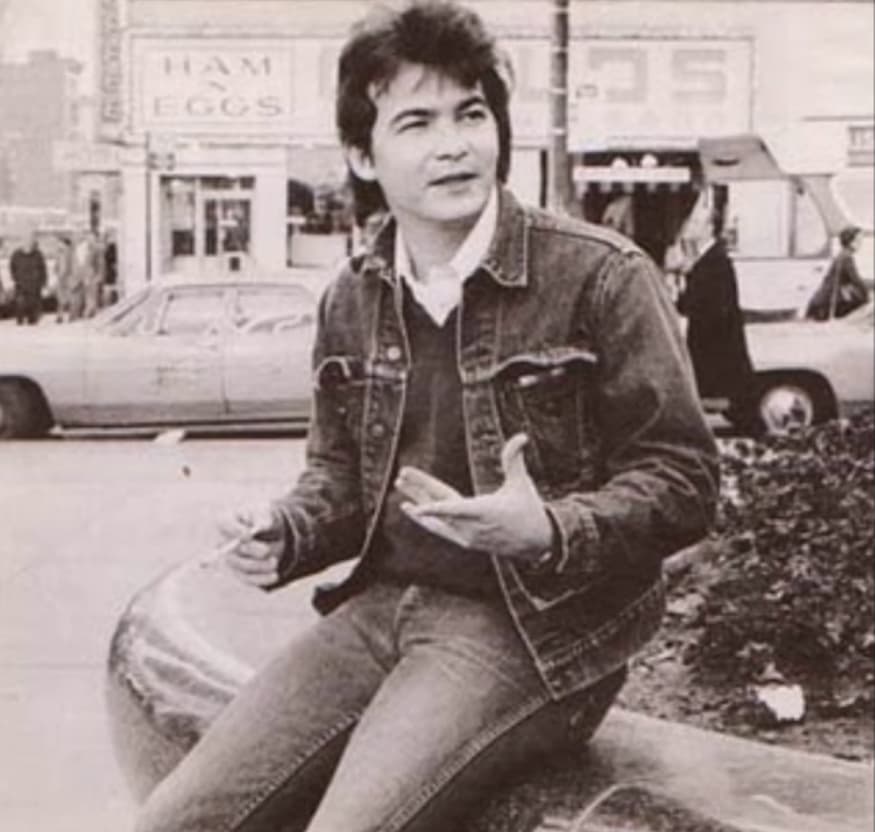
A Heartbreaking Ballad of a Veteran’s Homecoming: John Prine’s “Sam Stone”
“Sam Stone,” a poignant and devastating ballad by the late, great John Prine, tells the story of a Vietnam War veteran struggling with addiction and the lingering trauma of war. While “Sam Stone” wasn’t a big charting single upon its initial release, it resonated deeply with audiences and critics alike, becoming an instant classic and a staple of Prine’s repertoire. It originally appeared on his self-titled debut album, John Prine, released in 1971, which peaked at number 125 on the Billboard charts. Though the album itself garnered considerable attention, “Sam Stone” became a touchstone, a song whispered in hushed tones, its impact far surpassing any chart position.
Ah, 1971. A time of change, of turmoil, and for many, a time of reckoning. The Vietnam War cast a long, dark shadow over the American landscape, and the return of its veterans was often met not with fanfare and gratitude, but with indifference, misunderstanding, and sometimes, outright hostility. Into this fraught atmosphere stepped a young, unassuming singer-songwriter from Maywood, Illinois, with a voice that sounded like it had been aged in oak barrels and a knack for storytelling that could break your heart and mend it again in the same verse. That singer was John Prine, and his debut album, a collection of songs so raw and honest, so tender and heartbreaking, felt like a revelation.
“Sam Stone” is, in many ways, the album’s centerpiece, a stark and unflinching portrait of a soldier named Sam, who returns home from the war a changed man. The lyrics are deceptively simple, yet they paint a vivid and devastating picture of Sam’s struggles. He’s haunted by memories of combat, grappling with a morphine addiction, and struggling to reintegrate into a society that doesn’t understand him. “Sam Stone” isn’t just a war song; it’s a song about the human cost of war, the wounds that aren’t visible, the scars that linger long after the battles are over.
The imagery in the song is powerful and unforgettable. The “soldier’s medal” that Sam pawns for drug money, the “hole in his arm” that represents his addiction, the “20 years of crawling” that symbolize his struggle – these details are etched into the listener’s mind, creating a sense of intimacy and empathy for Sam’s plight. Prine’s genius lies in his ability to make Sam feel like someone we know, someone we’ve met, someone we could easily become.
The melody itself is haunting and melancholic, perfectly complementing the lyrics. It’s a simple, folk-inflected tune that lingers in the air long after the song is over. Prine’s delivery is understated, almost conversational, yet it’s filled with emotion and compassion. He doesn’t preach or judge; he simply tells Sam’s story, allowing the listener to draw their own conclusions.
“Sam Stone” has been covered by countless artists over the years, a testament to its enduring power and relevance. From country singers to rock musicians, artists of all genres have been drawn to the song’s honesty and emotional depth. It’s a song that speaks to the human condition, to the pain and suffering that we all experience at some point in our lives.
For those of us who remember the Vietnam era, “Sam Stone” holds a special significance. It’s a reminder of the sacrifices made by so many young men and women, and a poignant reflection on the challenges they faced upon their return home. But even for those who weren’t alive during that time, the song’s message remains timeless. It’s a song about war, addiction, trauma, and the search for meaning in a world that often seems senseless and cruel. It’s a song about the human heart, its capacity for both love and pain, and its enduring resilience in the face of adversity. And in John Prine’s gentle, yet powerful voice, it’s a song that will stay with you long after the last note has faded away.